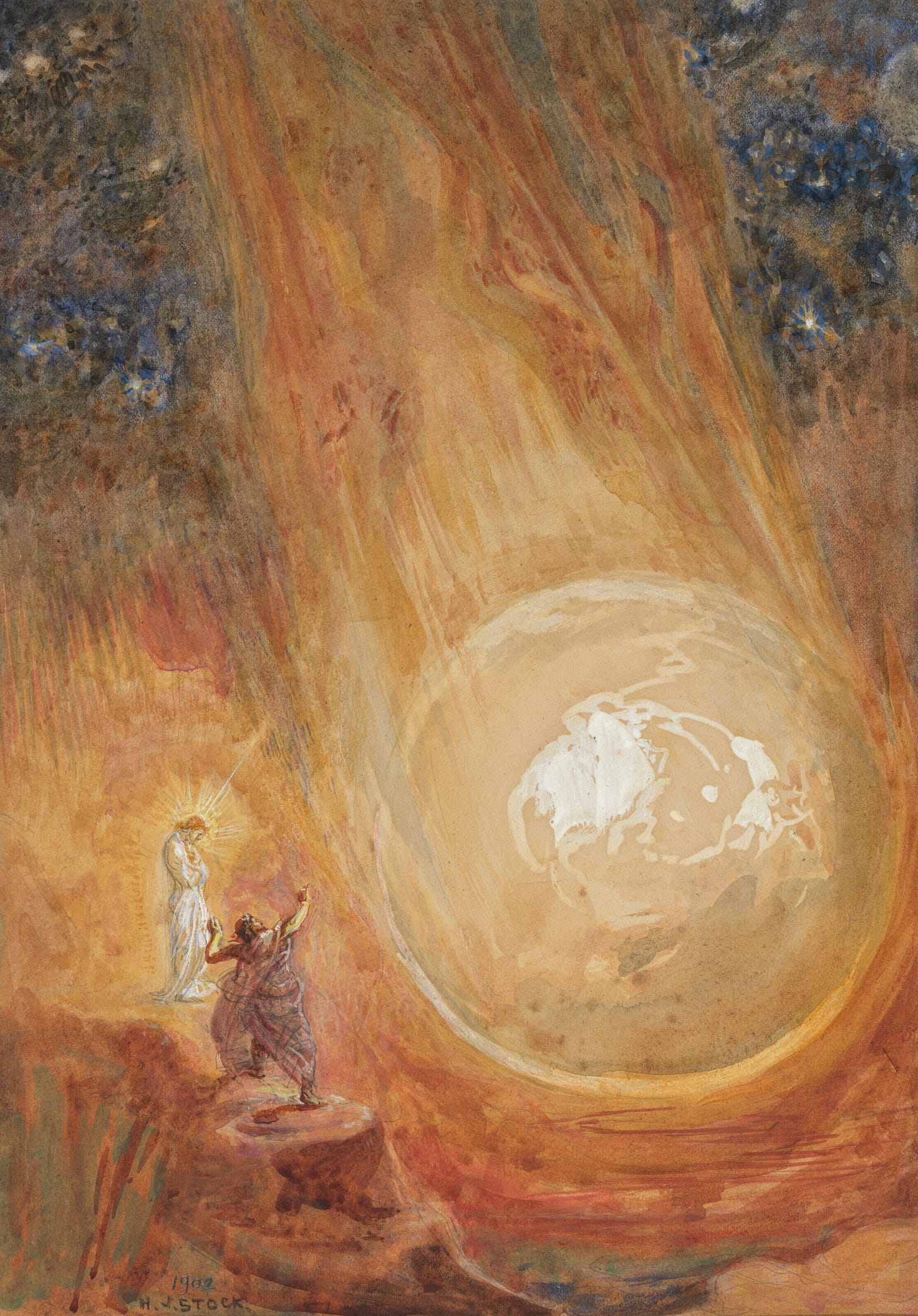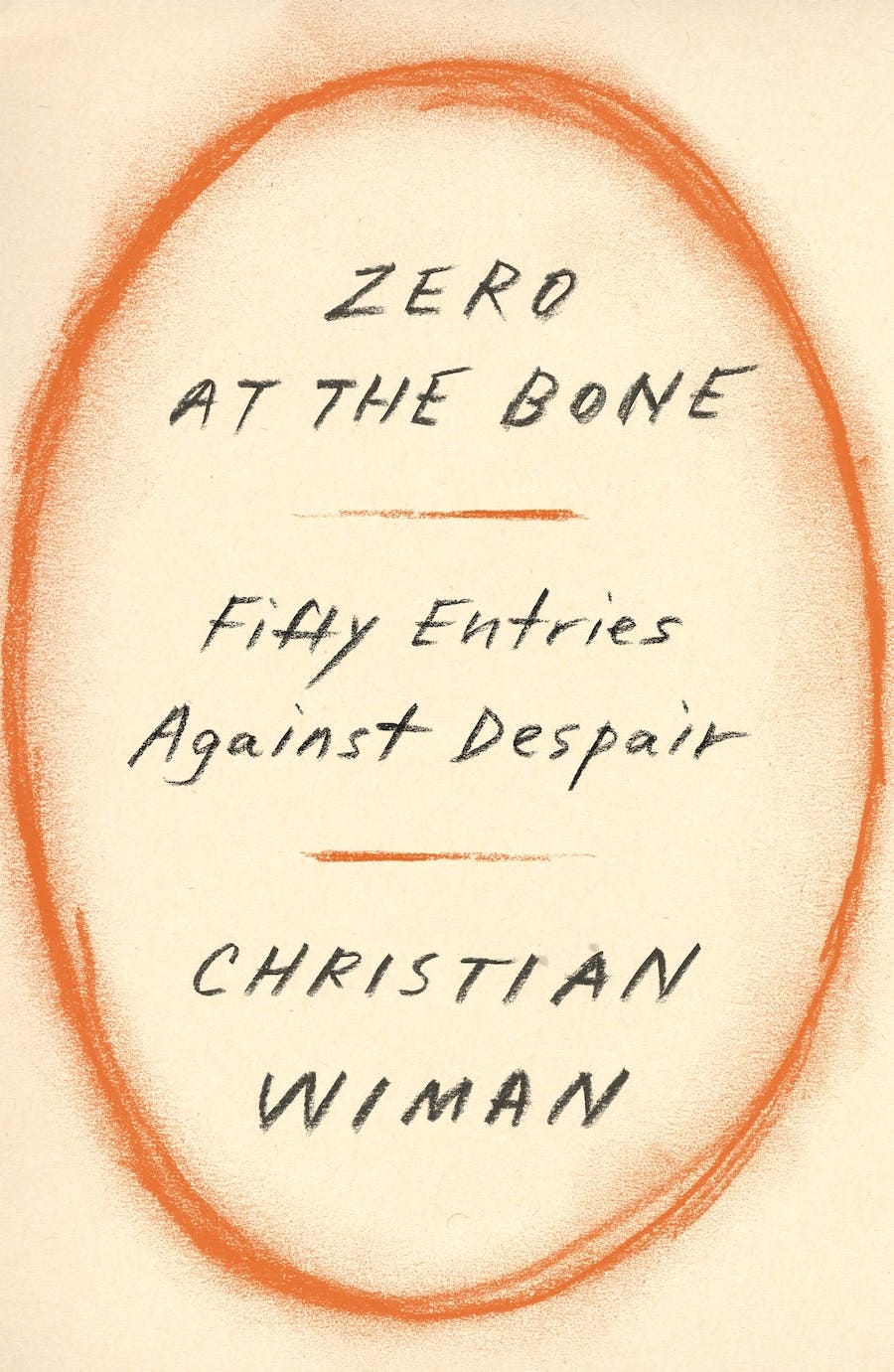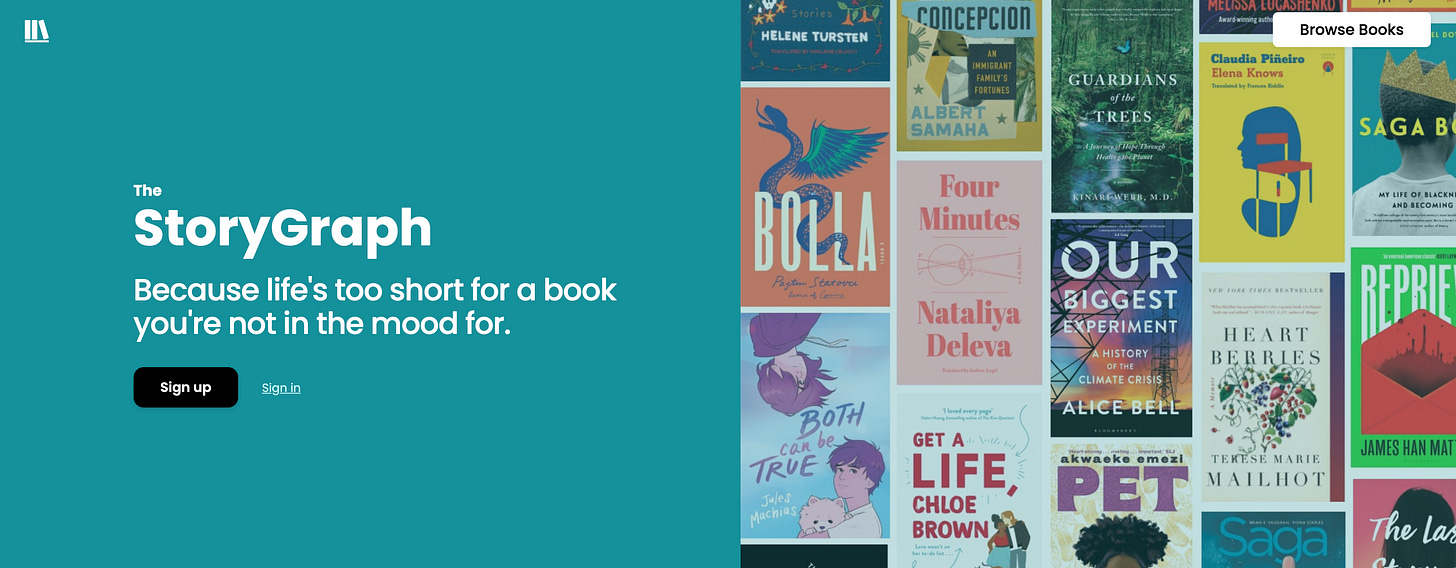This Weekend Edition of Ecstatic features Danielle Van Meter
All is silence around me. The quiet feels like a facade amidst the chaos that roars around the planet. Peaceful music floats from the apartment next to mine. Meanwhile, wars have broken out and rainforests are on fire; I can do nothing about either except worry. Harold Bloom wrote that after the falling of the Twin Towers on 9/11, lines from Yeats’s poem, “The Second Coming” roused themselves from his subconscious. A generation later, the same poetry echoes in my mind as Palestinian and Israeli civilians face terror and death from the evil that lurks.
“The Second Coming” revives itself in my mind, because surely Yeats is right—this center can no longer hold. Children and grandparents are slain in the Middle East; Another man opens fire in a New England grocery store; police wrongfully shoot a woman in my city, and, myopically, my family dog dies. As wounds seem to rip open wider and deeper, Yeats speaks from one hundred years ago in a prophetic voice. “Mere anarchy is loosed upon the world.” We scroll past the life events of our friends on social media between the faces of kidnapped babies. Indeed, the ceremony of innocence is drowned.
Yeats had a storied relationship with religion. He grew up with strictly Anglican grandparents and tried hard to be Catholic before pursuing theosophy, neo-Platonism, and the occult. His lifelong search for meaning, both inside churches and out, no doubt shaped his poetry, and his religious upbringing in Ireland formed Yeats’s internal mythopoeia about the coming of a spiritual being. Austin Warren described Yeats’s religious search as a need “less as a man than as a poet… he needed to believe that poetry is a form of knowledge and power, not of amusement.”
I sense this now in his poetry, as I attempt to psychically order the world’s chaos and come to grips with instances of violation and degradation on a grand scale. There is something poignant in reading these feelings so fittingly expressed by a poet over a century old. He was talking about post-war Europe; I am based in a world of AI, terrorism, and billionaires. Yet the vital tradition of literary relatability drums on in its ability to reveal the human spirit. This world is not so strange. It has been terrible before; it will be terrible again.
Yeats hints at this cyclical order in the first line of “The Second Coming” when he mentions the “widening gyre.” This gyre was his shorthand, referenced in many of his poems, to symbolize his belief that all things—from souls to civilizations—could be reduced to cycles and patterns. The chaos described in the first half of the poem, he intimates, still follows an order. While I would never wish to dismiss or diminish the individual suffering experienced by millions today, my belief in the cyclical nature of reality tends to align with Yeats here.
While the first stanza of the poem describes a world’s ending, the second half of the poem describes the second coming. These are the words he uses—the “second coming”—words he likely heard in the Christian faith of his childhood. Theologians talk about the ordered, patterned cosmos of the world emerging from the primordial chaos of the creation story. That is, the chaos of the universe aligned into the harmoniously working world that continues spinning along today. Yeats likely didn’t have this concept in mind, but his poem draws on religious language and imagery throughout.
But for Yeats’s apocalyptic vision, the second coming is not of a victorious Messianic figure returning to transfigure all things. Instead, the second coming is of a creature that he sketches out before revealing the disquieting final lines: “And what rough beast, its hour come round at last, / slouches towards Bethlehem to be born?”
I have repeated these lines to myself and in my notebooks as I move through a terrifying world. It seems a logical conclusion to posit a terrible creature imminently usurping earthly powers when I scroll through the news. Where terror is unleashed, justice is skewed, and trusted religious leaders turn into power-hungry politicians, surely a terrible end will come.
There’s no argument that Yeats’s poetic lines are a masterpiece of the English language. But when I consider these words as a prophetic truth, rather than as a poetic denouement, I find myself unsettled by Yeats’s eschatological vision.
The beast moving towards Bethlehem ostensibly does so to signal its antichrist figure. Instead of Jesus Christ being born in the cradle, Yeats pictures a rough beast on its way to replace the Messiah’s power through a horrible reign. Perhaps such a creature could indeed come. Perhaps, it occurs to me, Yeats’s poem ends too soon.
As I write this, distracted in thought, my eyes drift towards a framed art print. A copied woodcut of Albrecht Durer’s “The Adoration of the Lamb and the Hymn of the Chosen” hangs on my wall. In this piece, a lamb carries a flag, surrounded by a circle of light and an assembly of humans and angels. One man’s face always draws my attention as he looks both awed and afraid, his face upturned toward the lamb.
To me, this piece signifies hope for an ending I have not yet seen: one where justice will be satisfied and evil will be punished, where innocent civilians experience peace, where morals cannot be bought, and where pain is transfigured. It occurs to me that perhaps Durer responded to Yeats’s “Second Coming” centuries before it was written. He does not contradict Yeats’s poem or change the ending; “blood-dimmed tides” are indeed still loosed. Rather, Durer’s vision reaches beyond the apocalypse. Perhaps his piece offers a true completion to Yeats’s diverted narrative. Perhaps the rough beast that slouches towards Bethlehem will eventually be crushed, too.
Danielle Van Meter
Writer & Proofreader
Danielle Van Meter is a freelance proofreader by day and writer by night. She has an English degree, a love of coffee, and an insatiable love for Romanticism. She is currently studying for her Master of Arts at the University of South Africa.
Thoughts on this essay? Leave a like and share in the comments!
New Releases: Things we’re excited about at Ekstasis
Christian Wiman’s new book, Zero at the Bone.
New Finds: Treasures from the ether
An interesting alternative to Goodreads called StoryGraph that provides better, tailored suggestions based on your past reading.
Subscribe to Ecstatic, and order your Ekstasis Print Edition today.










Beautifully written. Thank you.
Lovely and hopeful!